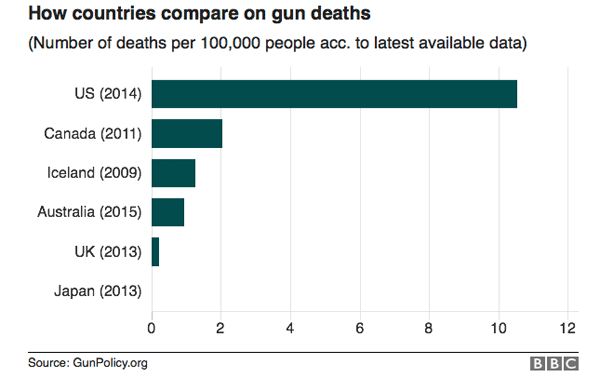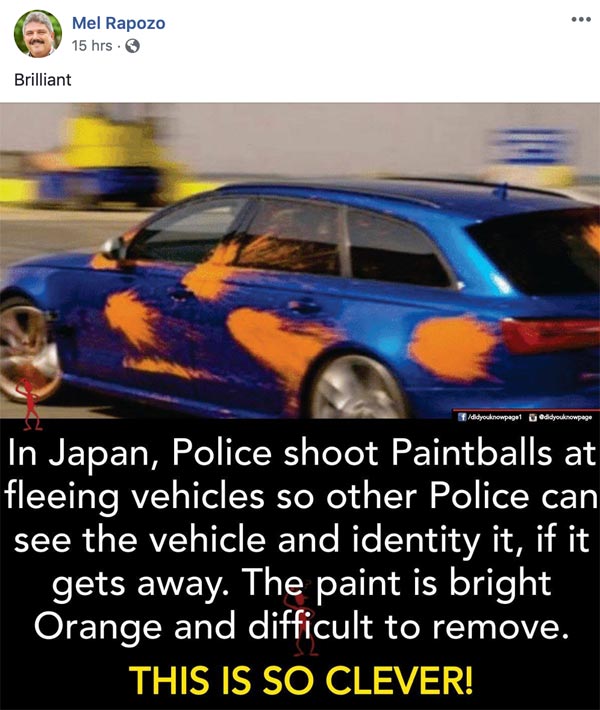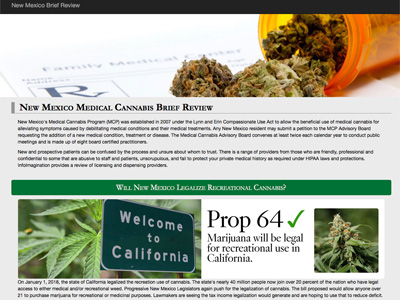Partners

Becoming More Mindful and Considerate of Others
As a social science researcher and activist, CTWTK director Scott Goold has focused on reducing gun violence in America. In a recent online discussion, Scott explained why he believes the current discourse on this topic is ineffective.
The Left pushes for removal of — or stronger restrictions on — weapons. The Right appears to favor increased mental health services. While each approach has merit, neither seems to present a viable, workable path forward for America at this time. Mr. Goold suggested what ultimately must happen is to Change The Will To Kill.
After Virginia Beach shooter, DeWayne Craddock, murdered at least 12 individuals — Scott identified what he believes is the most dangerous social reaction from this event: a young woman living near Craddock now claims to be petrified. "I live right under him, so that could have easily been me or my girlfriend or my roommate."
More fear in America — and more fear of each other. This increases our isolation, which may in turn lead to more horrific events.
Another female witness added he didn't engage in much talk. "In the year I've been there, we've maybe had three conversations and that's about it. I know what gym he goes to.
Scott posed the question: wonder what would have happened had they been better friends. In previous generations, a neighbor would borrow a cup of sugar or take a guy a couple cookies. Scott pointed out he makes an effort to know most of his neighbors — not all of course. It is difficult, as we live as and amongst strangers today.
The Change The Will To Kill (CTWTK) coalition is an ever-evolving and growing group and we encourage all interested leaders, as well as motivated ordinary citizens to join in our search for solutions. If you have any questions or would like to join our movement, please contact us.
America's Gun Violence Problem
German Lopez writing for VOX points out America is an exceptional country when it comes to guns. It's one of the few countries in which the right to bear arms is constitutionally protected.
But America's relationship with guns is unique in another crucial way: Among developed nations, the US is far and away the most violent — in large part due to the easy access many Americans have to firearms.
America has six times as many firearm homicides as Canada and nearly 16 times as many as Germany; America has 4.4 percent of the world’s population, but almost half of the civilian-owned guns around the world.
There have been more than 1,500 mass shootings since Sandy Hook, which occurred in December 2012; On average, there is more than one mass shooting for each day in America.
States with more guns have more gun deaths. It's not just the US: Developed countries with more guns also have more gun deaths. Most gun deaths are suicides. Since the shooting of Michael Brown on August 9, 2014, police have killed at least 2,900 people. In states with more guns, more police officers are also killed on duty. [SOURCE]
Why is Japan Successful?
Japan has one of the lowest rates of gun crime in the world. In 2014 there were just six gun deaths, compared to 33,599 in the US. What is the secret? One reason is certain — the nation enforces strict gun control regulations.
If a citizen wants to buy a gun in Japan, they have to attend an all-day class, take a written exam, and pass a shooting-range test with a mark of at least 95%.
There are also mental health and drugs tests. Your criminal record is checked and police look for links to extremist groups. Then they check your relatives as well — and even your work colleagues. Along with having the power to deny gun licences, police also have sweeping powers to search and seize weapons. [SOURCE]

Japan Has Lowest Gun Violence
That's not all. Handguns are banned outright. Only shotguns and air rifles are allowed.
Police must be notified where the gun and the ammunition are stored — and they must be stored separately under lock and key. Police will also inspect guns once a year.
After three years your licence runs out, at which point the owner must attend the course and pass the tests again. This helps explain why mass shootings in Japan are extremely rare.
When mass killings occur, the killer most often wields a knife. If people want to harm others, they can easily find another way. We believe Japan is amazing because of Three Words: Mindfulness of Others. Please watch the video below.
Japanese Are "Mindful of Others"
American Less Peaceful
[6.12.19] World has become a little more peaceful, per 13th annual Global Peace Index, that ranks 163 nations on homicide and incarceration rates, presence of small arms, military expenditures, ongoing conflicts, terrorism, overall economic impact of violence — even climate change.
U.S.A. slipped four places to 128th.
Iceland is most peaceful, followed by New Zealand, Portugal, Austria, Denmark, Canada, Singapore, Slovenia, Japan and Czech Republic to round out top ten.
Of key western allies, Australia 13th, Germany 22nd, Britain 45th, France 60th. Of interest, Central America nations where people flee to U.S., El Salvador, Guatemala and Honduras, were rated 114, 113 and 123, respectively — higher than U.S.A. ranking. Money trumps violence it seems. [SOURCE]
American Model Militarizes Police
CTWTK Coalition believes the War on Americans related to the prohition of drugs — primarily cannabis (marijuana) has played the largest part increasing violence in our cities and neighorhoods.
Sadly America fails to remember the lessons of alcohol prohibition. Illegal drinking dens had long flourished in big cities. The word "speakeasy" probably dates from the late 1880s. Due to prohibition, they bloomed as never before. Historians estimate by 1925, there were as many as 100,000 illegal bars in New York City alone.
The supply of illicit substances since President Nixon's enactment of the Controlled Substances Act (1970) is greater today than ever before. Cannabis is legal medicinally or legally in a majority of states, the District of Columbia, as well as the U.S Department of Veteran Affairs.
Police budgets have skyrocketed. America's courts are overwhelmed. Jails and prisons are bursting at the steams.Big winners from alcohol prohibition were the nation's gangsters. The law had only been in operation for an hour when the police recorded the first attempt to break it — six armed men stealing some $100,000-worth of "medicinal" whisky from a train in Chicago.
From the very beginning, criminals recognised prohibition represented a marvellous business opportunity. In major cities, indeed, gangs had quietly been stockpiling booze supplies for weeks. [SOURCE]
Most celebrated gangster of alcohol prohibition was Al Capone. To many, he seemed like a real-life Robin Hood — opening soup kitchens for the unemployed and giving large sums to charity. This is how poor people in small villages in Colombia viewed cocaine drug lord, Pablo Escobar. Escobar's ensuing violence is unmatched.
The Japanese response to violence is never violence, it's always to de-escalate it. Only six shots were fired by Japanese police nationwide in 2015.
Japanese police officers rarely use guns and put much greater emphasis on martial arts — all are expected to become a black belt in judo.

Japan Uses Paint Balls Rather Than Shooting or Chasing
They spend more time practicing kendo (fighting with bamboo swords) than learning how to use firearms. "The response to violence is never violence, it's always to de-escalate it. Only six shots were fired by Japanese police nationwide [in 2015]," says journalist Anthony Berteaux.
"What most Japanese police will do is get huge futons and essentially roll up a person who is being violent or drunk into a little burrito and carry them back to the station to calm them down."
Police Officer Fired for Not Shooting Black Man
In the early hours of May 6, 2016, the lives of rookie police officer Stephen Mader and R.J. Williams intersected in Weirton, West Virginia. Both men were young fathers. Mader was a White cop holding a gun. Williams was a Black man holding a gun.
In the case of the death at the hands of police of R.J. Williams, it all started with a domestic disturbance call by Williams' girlfriend. Arriving first on the scene, Mader came upon Williams, who had his hands behind his back. The officer quickly asked Williams to show him his hands. Williams complied, revealing a gun. Immediately, Mader ordered Williams to drop his weapon. But Williams refused, repeatedly for Mader to "just shoot me."
Mader did not see a man with a gun. He saw a human being in crisis. Mader deduced that Williams was not what he might appear — a danger to others and to a responding officer alike. Mader saw that Williams was trying to commit "suicide by cop."
Rather than shoot, Mader returned to his military training and attempted to de-escalate the situation. He softened his voice, looked Williams in the eye, and said, "I'm not going to shoot you, brother. I'm not going to shoot you." With those words, Officer Mader connected to the humanity of Williams, a man in deep distress.
While Mader continued his attempt to convince Williams to drop his weapon, two other officers arrived on the scene. In a matter of seconds, one of the newly arrived officers fired four shots, killing Williams. It was at that point the officers discovered that Williams' gun was unloaded. Stephen Mader was correct. R.J. Williams was not a threat, but it didn’t matter. He was dead.
The Weirton Police Department fired Stephen Mader.
Supporters
